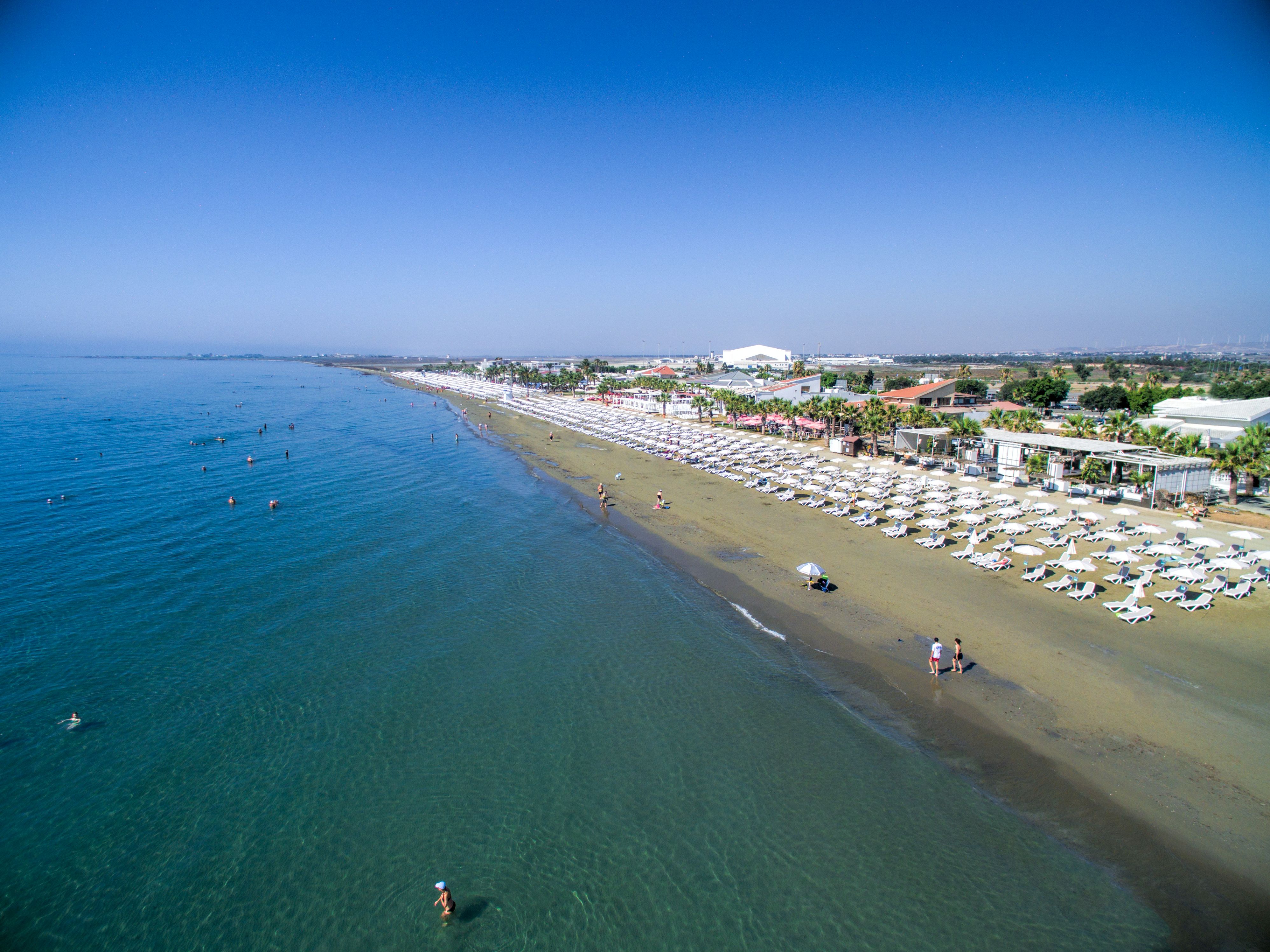Hellenic Bank has received dual environmental certifications this year, according to an official announcemnet released this week.
The announcement noted that this “affirms its ongoing commitment to environmental protection and energy management”.
Specifically, the bank successfully completed the certification process for its Environmental Management System in line with the international ISO 14001 standard, as well as its Energy Management System under the ISO 50001 standard.
“With these two distinctions, Hellenic Bank has become the largest bank in Cyprus to achieve ISO 14001 certification, and remains the only bank in the country certified under ISO 50001 for all of its operations and activities across its buildings nationwide,” the bank said.
Cyprus is projected to become one of the first countries in the world to go fully cashless, according to a new global study by Merchant Machine.
In addition, the study asserted that automated teller machines (ATMs) may disappear from the island within the next sixteen years.
The research analysed global ATM trends using data from the World Bank and internet search patterns to identify countries, US states, and cities most affected by declining cash infrastructure and access.
Cyprus ranked fifth globally in terms of ATM reduction between 2012 and 2021, having lost 33.83 per cent of its machines during that period.
At the current rate of decline, the island is forecast to become entirely cashless by 2041.
Work is expected to begin in September, as the final architectural designs are now being completed in parallel with the school’s licensing application to the Ministry of Education.
According to information from the Yael foundation, the response from the Ministry has so far been positive, with the school set to follow international education standards.
As stated on the foundation’s official website, the project aspires to create a flagship Jewish school in Limassol, a point of reference for Jewish education both in Cyprus and abroad.
The institution will combine Jewish values with modern pedagogical methods in a high-standard academic environment, with the Foundation describing it as a future “beacon of excellence.”
According to the company’s 2024 annual financial report, cocoa prices are projected to decline by nearly one third this year as supply improves beyond West Africa and demand softens in response to last year’s price surge.
Cocoa had closed 2024 as the top-performing commodity, with prices almost tripling due to adverse weather and agricultural disruption in the two countries, which together account for around 60 per cent of the global cocoa supply.
In Cyprus, the sharp price increase had forced Frou Frou to adjust its pricing policy. In April 2024, the group raised prices for both its locally produced and imported chocolate products by 20 to 30 per cent, after absorbing part of the increase in raw material costs.
According to an announcement released this week by the Cyprus Chamber of Commerce & Industry (Keve), the event marked the adoption of a new charter and the establishment of a renewed framework.
These moves, the announcement explained, aim at “strengthening and upgrading the sector“.
During the meeting, participating companies reaffirmed the sector’s collective desire to maintain a single, institutionally recognised representative body to safeguard the interests of the ready-mix concrete industry.
The initiative comes in response to growing technical, environmental and economic challenges.
In a statement released this week, Syprodat said that the proposed legislation currently under examination by MPs “appears to offer a solution for buyers who have obtained a title deed and have paid in full for their property.”
Syprodat praised the MPs for their initiative, stating, “we congratulate them for their initiative,” but stressed that the proposal still fails to resolve the issue for a large group of affected buyers.
The association further stated that “the problem remains unresolved for those who have not and are not expected to obtain a title deed due to urban planning violations committed by the developer or landowner.”
Achieving gender equality in science, technology, engineering, arts and mathematics (STEM) is essential for the resilience and progress of society, Gender Equality Commissioner Josie Christodoulou said during Cyta’s ‘Women in STEAM’ conference on Tuesday.
Speaking at the event, Christodoulou pointed to the persistent challenges faced by women in Cyprus and across Europe, despite the crucial role STEAM sectors play in shaping innovation and economic competitiveness.
According to the ‘SHE Figures 2024’ report, women account for 42 per cent of the self-employed in Cyprus working in science, engineering and information technology. However, only 14 per cent hold higher research degrees.
Moreover, just 25 per cent of board members in research organisations are women, while female inventors account for only 10 per cent of patents filed.
Christodoulou said these figures do not reflect a lack of ability or ambition, but rather point to the impact of social stereotypes, unconscious bias and structural barriers that continue to limit access, advancement and leadership opportunities for women in these fields.






Click here to change your cookie preferences